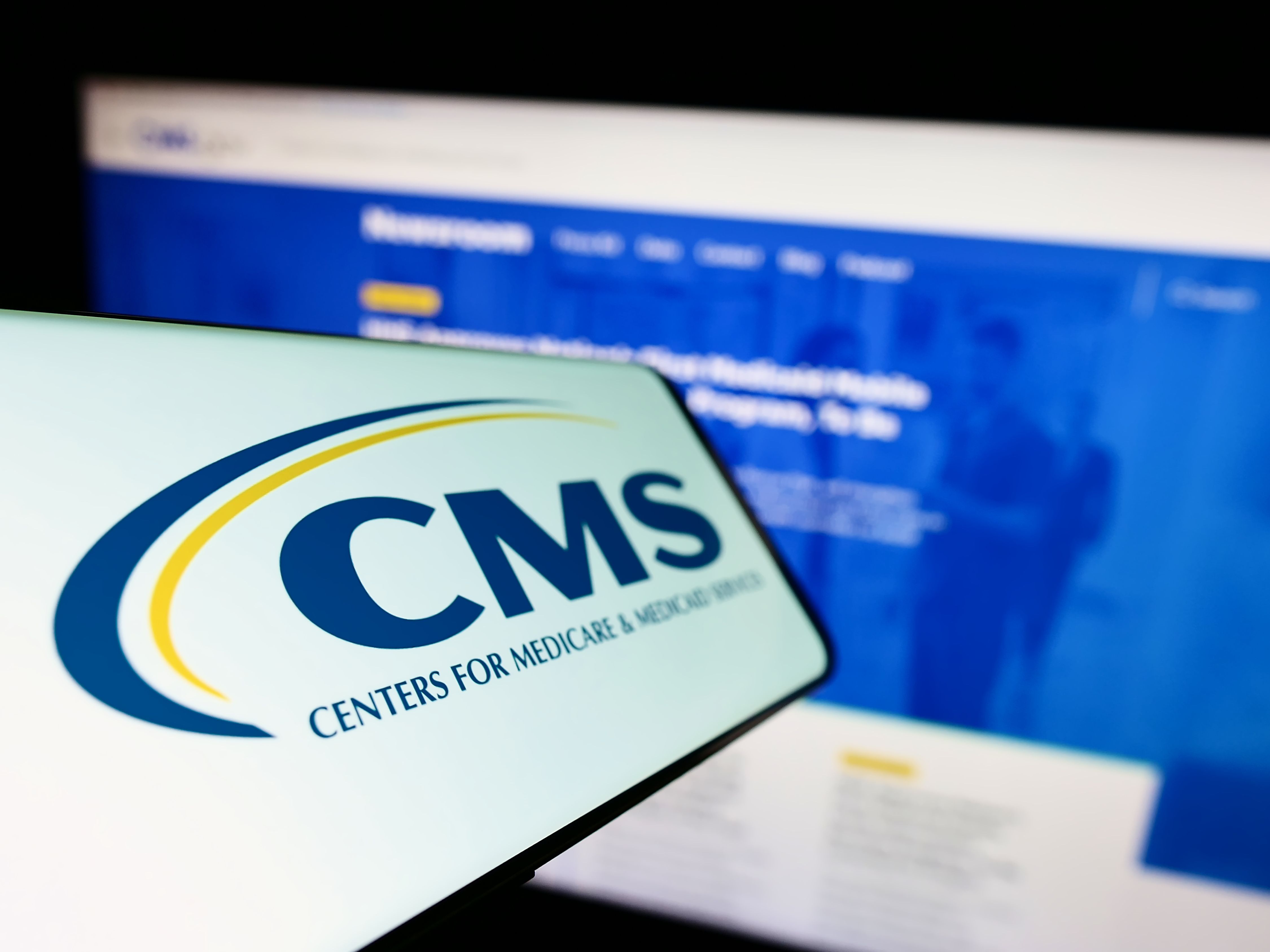Article
Are claims data a shortcut to electronic health records?
Author(s):
That's what some payers think. For the past year, Shared Health, a subsidiary of Blue Cross Blue Shield of Tennessee, has been offering doctors an online community health record that now encompasses nearly 2 million patients, or about a third of the state?s population. Included in the electronic record are claims data from all providers who treat a patient, as well as lab results from reference labs and medication histories from PBMs (Medical Economics, The rocky road to RHIOs," Feb. 17, 2006). Among the patients in the database are all Medicaid recipients, 600,000 people in the Blues? fully insured plans, and the Tennessee-based workforce of Nissan North America.
That's what some payers think. For the past year, Shared Health, a subsidiary of Blue Cross Blue Shield of Tennessee, has been offering doctors an online community health record that now encompasses nearly 2 million patients, or about a third of the state's population. Included in the electronic record are claims data from all providers who treat a patient, as well as lab results from reference labs and medication histories from PBMs (Medical Economics, "The rocky road to RHIOs," Feb. 17, 2006). Among the patients in the database are all Medicaid recipients, 600,000 people in the Blues' fully insured plans, and the Tennessee-based workforce of Nissan North America.
The privately insured patients were recently given access to personal health records that include the same data available to physicians, and Shared Health plans to extend PHRs to Medicaid patients within a year, says Jana Skewes, the company's CEO.
So far, only 27 percent of Tennessee's 18,000 physicians have registered to use Shared Health's online health record, notes Skewes. But the data on Blues patients only recently became available, and now Shared Health is doing a pilot for CMS using Medicare claims data to build PHRs for Medicare patients. "The more populations we bring in, the more doctors will use the service," she argues.
The Tennessee Blues are not the only plan that's creating PHRs out of claims data. Beginning in January, Aetna will begin offering its clients a claims-based PHR for a per-employee, per-month fee. According to the insurer, United Parcel and several other large employers will test the concept, and in July, Aetna will pitch it to other companies. The online record, which includes data similar to that in the Shared Health PHR, was developed by Aetna subsidiary ActiveHealth Management.





